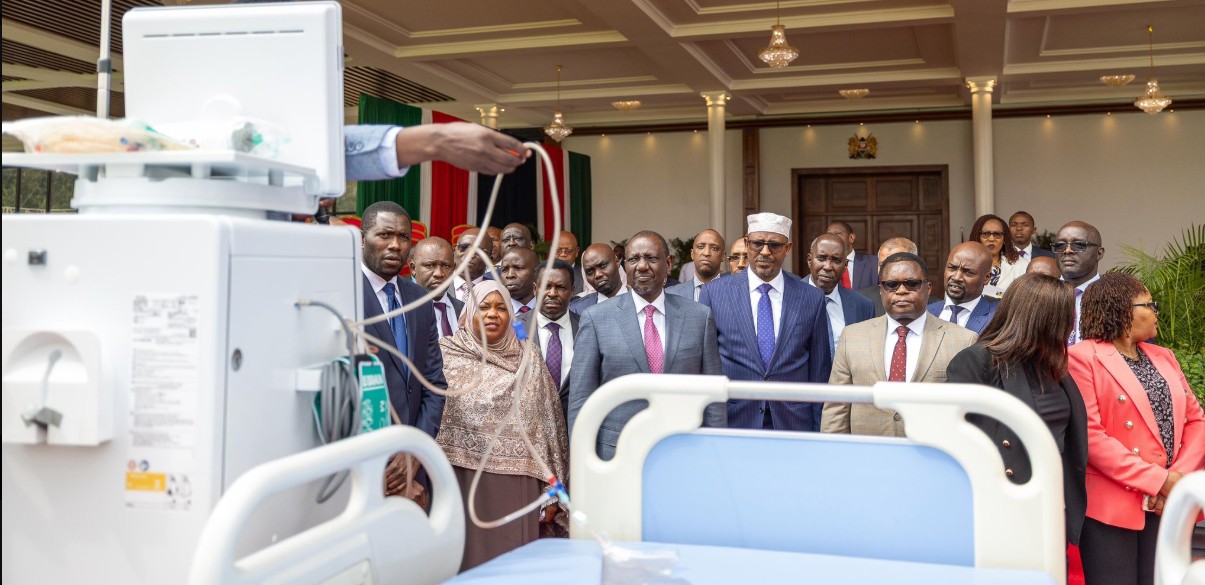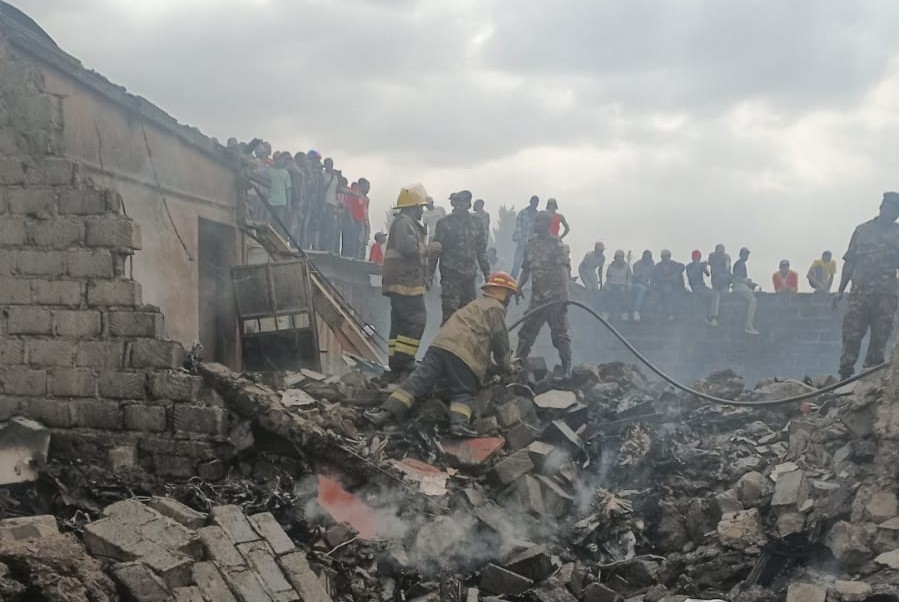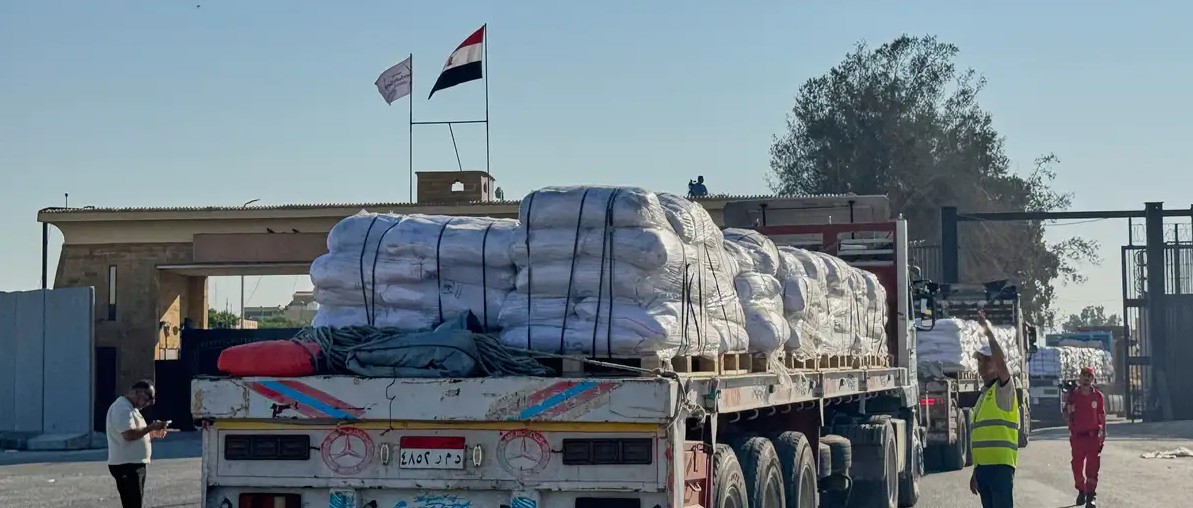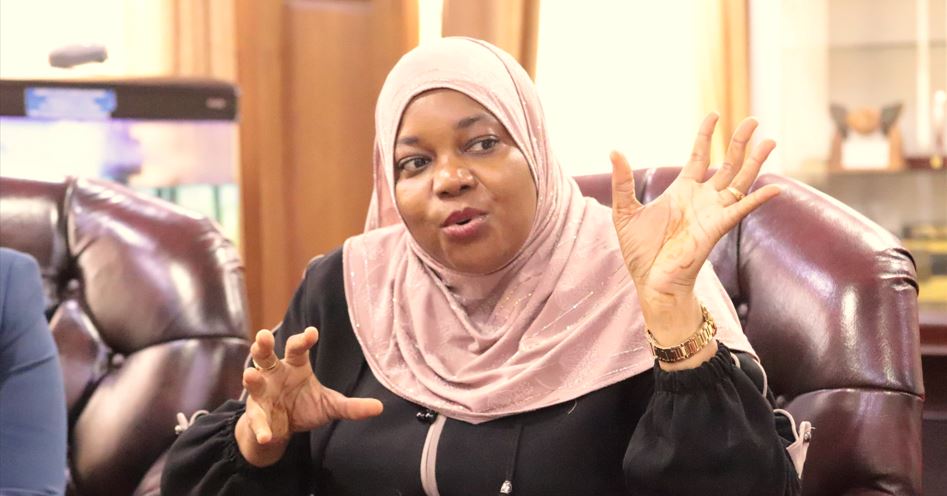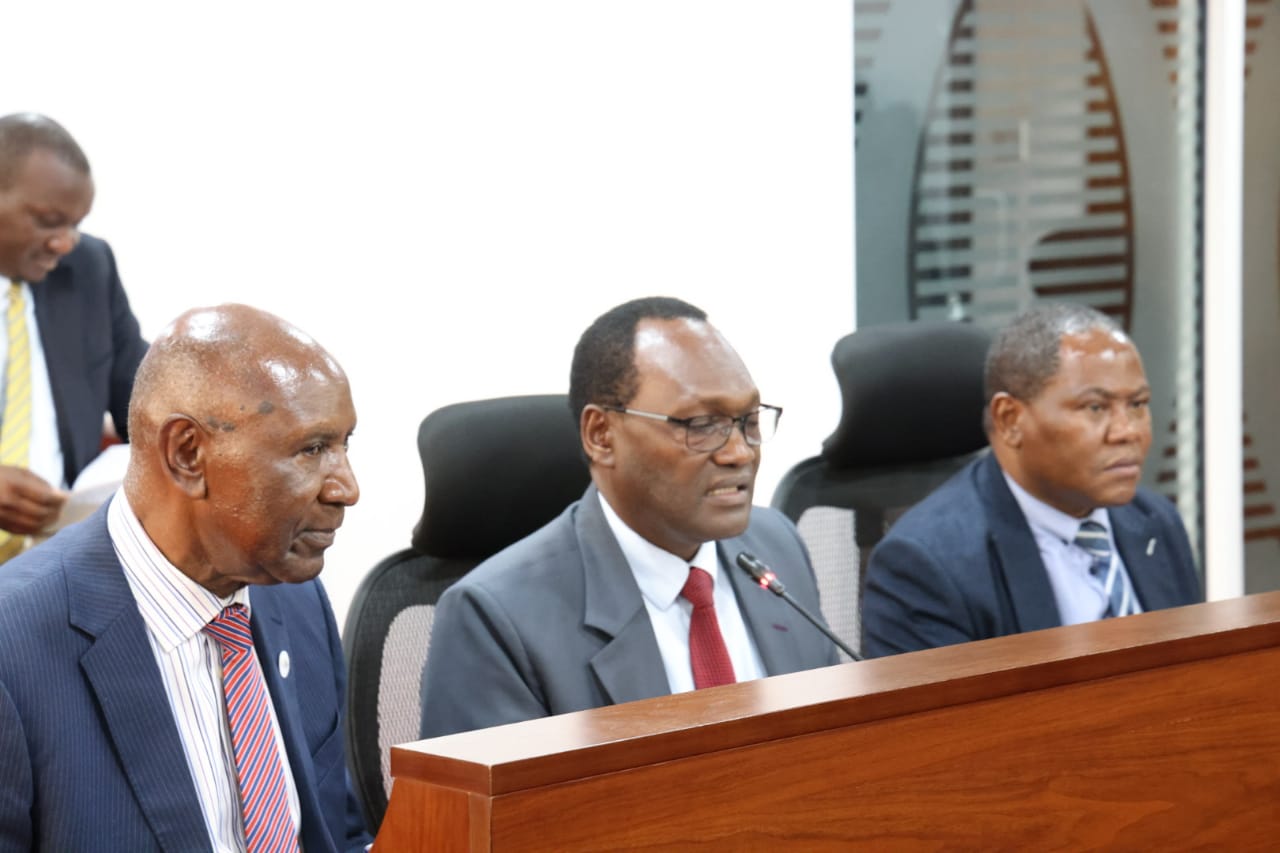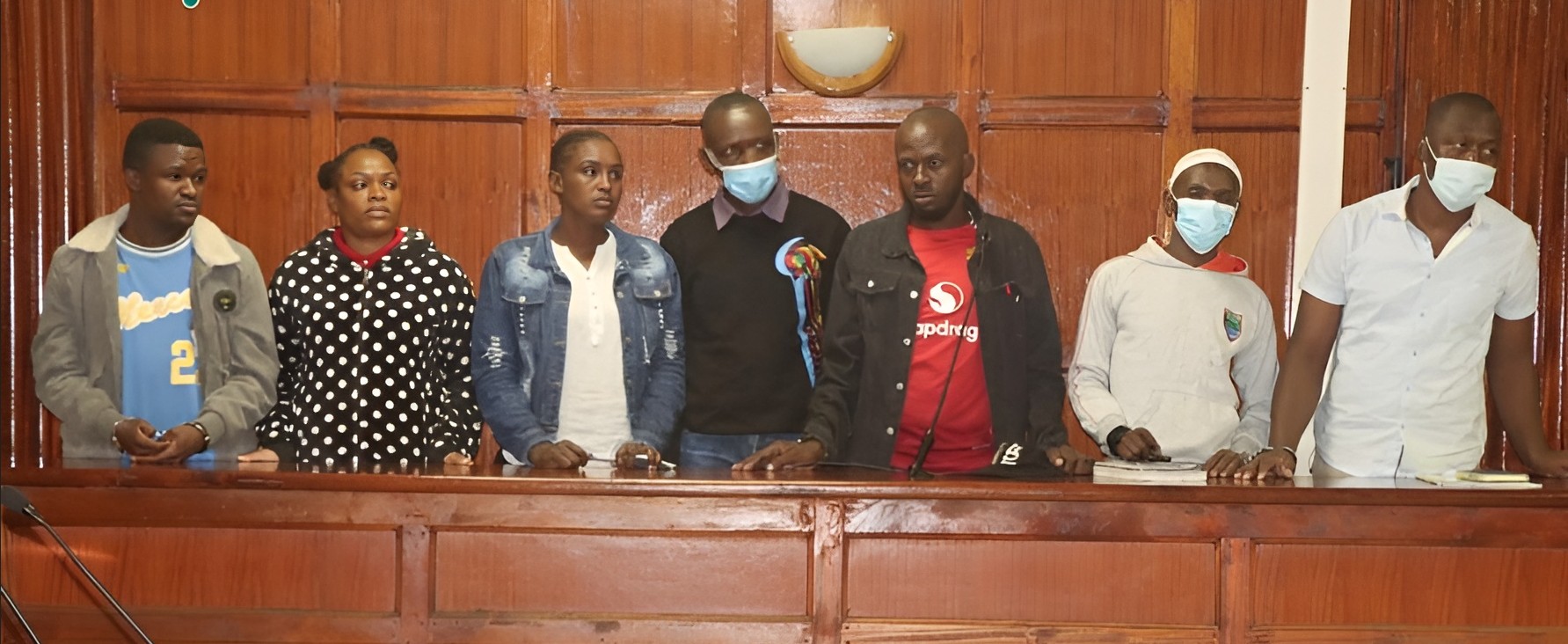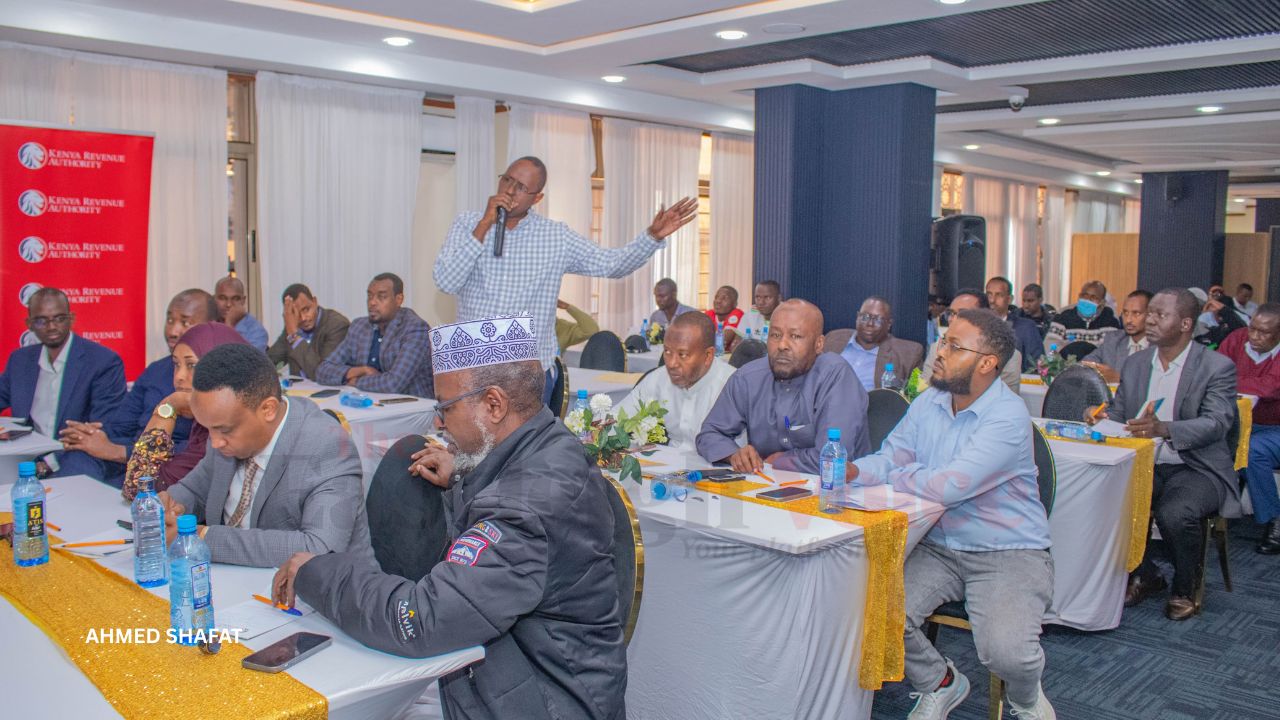Explainer: Why children are more susceptible to endemic diseases like Mpox
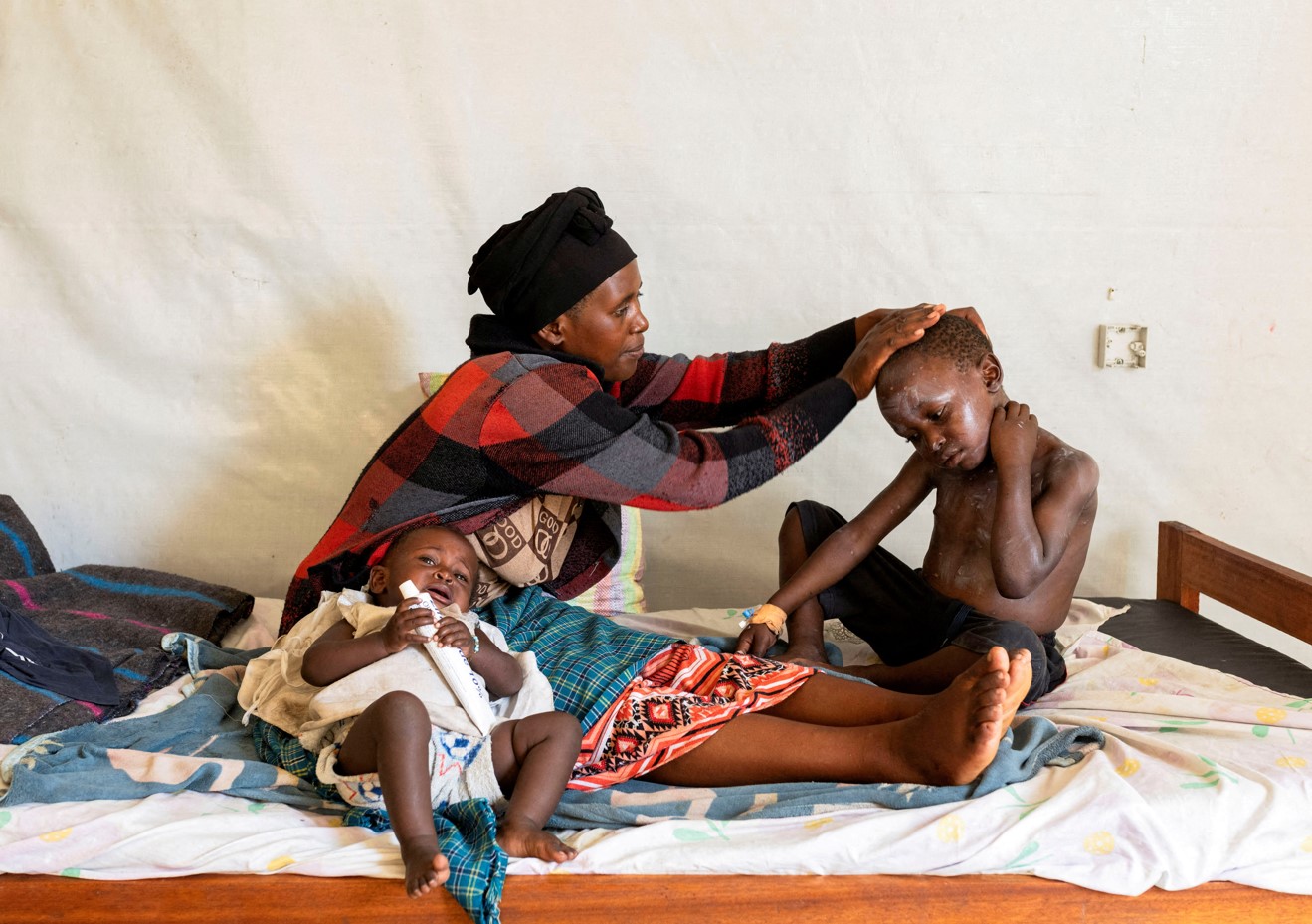
The outbreak's influence goes beyond the acute health problem. Children and adolescents are more likely to encounter stigma, discrimination, and interruptions in their schooling.
Children are particularly vulnerable to endemic diseases, which are illnesses that spread over time within a certain location or community. These infections can be especially harmful to vulnerable populations, such as children and those with compromised immune systems.
They are susceptible to illnesses due to their underdeveloped immune systems. Their immune systems are still maturing, making them less capable of battling diseases.
More To Read
- Health lobby urges media to promote positive reporting on reproductive health
- Hospitals ordered to update bed capacities, wait for 90 days before appealing downgrades
- Cholera spreads in Sudan's North Darfur, 640,000 children under threat, UNICEF warns
- Health ministry revokes internship placements for 348 nursing students over graduation issues
- Nyeri becomes 23rd county to report confirmed Mpox case as 60-year-old woman tests positive
- Senators order crackdown on absenteeism in public hospitals
They have fewer antibodies and a weaker immunological memory due to their limited exposure to numerous infections.
Furthermore, vaccine gaps and nutritional deficits can weaken their immune responses. Many variables combine to increase children's susceptibility to infections and disorders.
According to the Lancet report, the 2024 Mpox outbreak affects a broader population than the 2022 outbreak, which mostly affected males who have sex with men. The virus is now spreading directly between men, women, and children.
Two decades of conflict in the Democratic Republic of the Congo have decimated civilian populations and ruined healthcare facilities.
Many individuals living in camps are malnourished and have limited access to treatment, making children more susceptible to sickness.
Children have been particularly hard hit, accounting for 60 per cent of Mpox-related deaths. In the Democratic Republic of Congo, children under the age of 15 account for 66 per cent of recorded cases and more than 82 per cent of fatalities.
"Mpox is prevalent in our region, and like with endemic diseases, exposure is unavoidable. Children are more vulnerable because of intimate contact, malnutrition, and weakened immunity. The lack of smallpox immunisation, which could have provided some protection, adds to their heightened risk," Merawi Aragaw Tegegne, Acting Head of the Division of Emergency Preparedness and Response at the Africa CDC says.
According to Save the Children, children are especially vulnerable to Mpox since its symptoms frequently resemble those of other common childhood ailments such as scabies and chickenpox. This symptom overlap can cause delays in identifying, diagnosing, and treating the infection.
70 per cent of the 14,901 recorded cases in the Democratic Republic of the Congo involved people under the age of fifteen. Children under the age of one had a much greater death rate (8.6%) than those aged 15 and over (2.4%).
Children's relatively lower immune systems and frequent physical interactions during play and school make it easier for the virus to spread. Mpox can spread by skin-to-skin contact, airborne particles, and infected surfaces or objects like beds, clothing, and utensils.
Mpox symptoms include fever, rash, extensive lesions, severe headaches, and exhaustion. In severe situations, it can progress to sepsis, a serious illness that necessitates emergency medical intervention. Children may also have respiratory issues, difficulties eating, and are more prone to secondary bacterial infections.
Dimie Ogoina, Chair of the WHO's IHR Committee, highlighted the considerable testing obstacles, particularly in the Democratic Republic of Congo, where less than 30% of cases may be tested. "The IHR Committee members stressed the need for health authorities to invest in improving diagnostic capabilities, particularly in the Democratic Republic of Congo."
Burundi has been the hardest afflicted, with 170 confirmed Mpox cases reported as of August 20, 2024, in 26 of its 49 districts.
Almost 60 per cent of those affected are children and adolescents under the age of 20, with children under the age of five accounting for 21 per cent of the cases. Women and girls are disproportionately impacted, accounting for 45.3 per cent of the infected population.
Burundi's children are suffering from simultaneous measles outbreaks caused by low immunisation rates and extensive hunger.
Despite continuous response efforts, the country confronts considerable challenges, including a scarcity of diagnostic test kits and medicines, limited public awareness, high operational expenses, and the possibility of disruptions to critical healthcare services.
Etleva Kadilli, UNICEF's Regional Director for Eastern and Southern Africa, emphasised the seriousness of the situation, saying, "This new strain of Mpox poses a serious threat to vulnerable children and families. Beyond immediate life-saving actions, it is vital to prioritise risk communication, cross-border collaboration, and healthcare system strengthening. We must prioritise the continuation of key services and support programs to safeguard children's overall well-being."
The outbreak's influence goes beyond the acute health problem. Children and adolescents are more likely to encounter stigma, discrimination, and interruptions in their schooling.
Women and girls have an increased risk of gender-based violence, such as sexual abuse and exploitation, because they must care for ailing family members while simultaneously meeting basic household needs.
The MPox outbreak continues to spread across Africa, with Kenya reporting its second case following the resolution of the first. In response, the Ministry of Health has taken steps, including the planned launch of a vaccination campaign. The Ministry has proposed many methods to remedy the situation.
Top Stories Today
